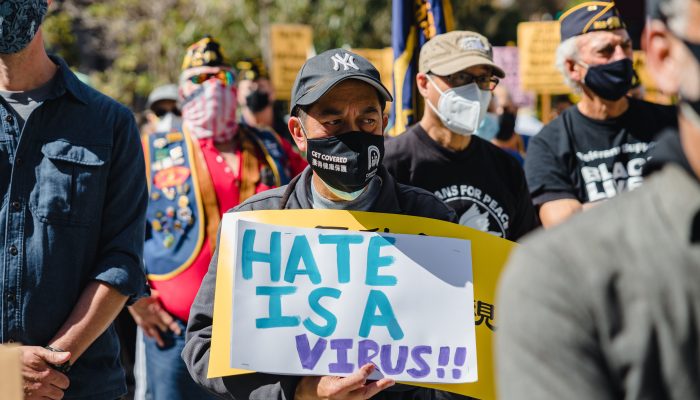In 2009, President Barack Obama signed into law the “Matthew Shepard and James Byrd, Jr. Hate Crimes Prevention Act.” Named for two victims of hate crimes, the act bolstered and expanded the criteria upon which violent crimes could be prosecuted as hate crimes. In addition to crimes motivated by a victim’s race, ethnicity, national origin, or religion, the act further stipulated “actual or perceived gender, sexual orientation, gender identity, or disability.” It also provided state and local governments and law enforcement agencies with funding to aid hate crime investigations.
The federal Hate Crimes Prevention Act grew out of legislation first proposed in Texas, during George W. Bush’s term as state governor. While Bush had opposed the measure, his successor, Rick Perry, signed it into law in 2001. To date, nearly every state in the U.S. has enacted some form of hate crime legislation, though these laws differ from state to state in terms of what each considers to be worthy of enhanced penalties and what such penalties should be.
A nationwide analysis of hate crime laws performed by researchers from Florida Atlantic University pointed out that most state legislation is “vague and inconsistent.” While protection against hate crimes targeting the LGBTQ+ community is growing, several states do not adequately or accurately define who the members of this group are. Most states have some protection for people based on sexual orientation, but only a few have protections based on gender identity.
Protections for religious groups are also inconsistent. Although many states have statues protecting houses of worship, most “do not mention mosques and/or synagogues among the protected institutions,” the study found.
California holds the most comprehensive law, “as it clearly delineates protected classes and locations, while conceptualizing both.” Researchers suggest California’s statute should serve as an example for other states as they advance towards bolstering or correcting laws that remain unclear or incomplete.
Stacker investigated the states in which the most hate crimes take place using the FBI’s 2019 Hate Crime Statistics. States are ranked by hate crimes per capita in 2019. No data was available for Alabama.
You can read the full article at the Gwinnett Daily Post.

